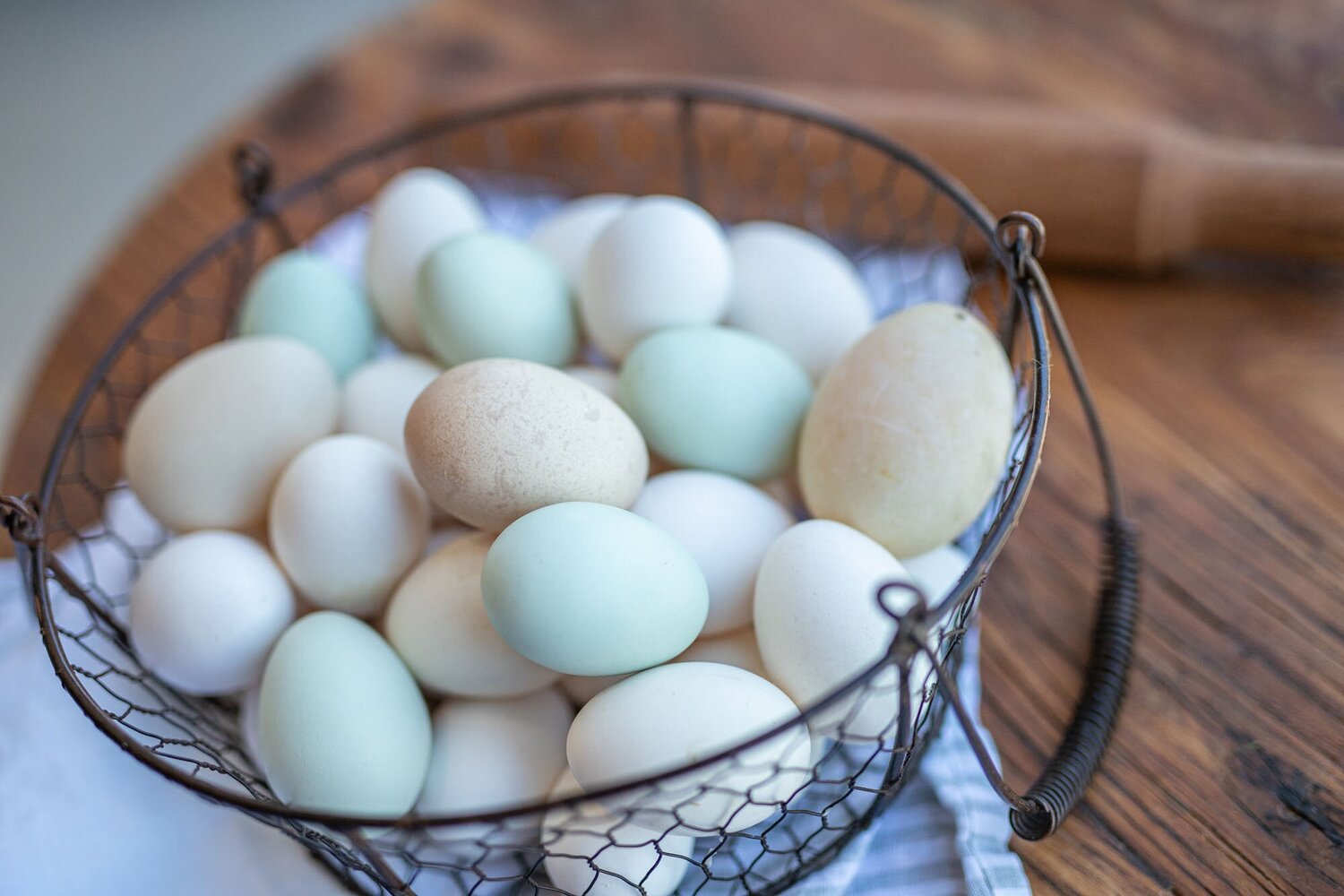

Articles
How To Store Fresh Laid Eggs
Modified: February 27, 2024
Learn how to store fresh laid eggs and keep them fresh for longer with these helpful articles.
(Many of the links in this article redirect to a specific reviewed product. Your purchase of these products through affiliate links helps to generate commission for Storables.com, at no extra cost. Learn more)
Introduction
Keeping fresh laid eggs for an extended period of time can be a challenging task. However, with proper storage techniques, you can ensure that your eggs remain fresh and delicious for a longer period. Whether you have your own backyard chickens or purchase fresh eggs from a local farm, understanding how to store them correctly is essential to maintain their quality and minimize the risk of spoilage.
In this article, we will discuss the best practices for storing fresh laid eggs. From determining freshness to selecting appropriate storage containers, we will guide you through each step of the process. By following these tips, you can prolong the shelf life of your eggs and enjoy them at their best.
Key Takeaways:
- Ensure egg freshness by performing float, candling, and cracking tests. Proper cleaning, storage, and rotation techniques help maintain egg quality and prevent spoilage.
- Store eggs at 35-40°F in non-reactive containers with tight lids. Position eggs with the pointed end down, rotate them, and check for spoilage regularly to enjoy fresh eggs longer.
Read more: How To Store Fresh Eggs?
How to Determine Freshness
Before storing eggs, it is crucial to determine their freshness. While you can rely on the expiration date printed on store-bought eggs, fresh laid eggs might not have a visible date. Here are a few methods to help you determine the freshness of your eggs:
- Float Test: Fill a bowl with water and gently place an egg inside. If the egg sinks and lays flat on its side, it is fresh. If it stands upright or floats, it is not as fresh and should be consumed soon. Floating eggs indicate that air has penetrated the shell, indicating potential spoilage.
- Candling: Hold the egg up to a bright light source, such as a flashlight or candle flame. A fresh egg will have a fully opaque shell, while an older egg may show some translucency. Additionally, look for any shadows or irregularities inside the egg, as these could indicate the presence of a developing embryo.
- Cracking Test: Crack the egg onto a flat surface and examine the appearance of the yolk and egg white. A fresh egg will feature a firm and rounded yolk, with minimal spreading of the egg white. In contrast, older eggs may have a flatter yolk and runnier egg white.
By using these methods, you can ensure that you are storing only the freshest eggs, which will result in better-tasting dishes and minimize the risk of consuming spoiled eggs.
Cleaning and Preparation
Before storing fresh laid eggs, it is important to clean them properly to remove any dirt or bacteria that may be present on the shell. Follow these steps for effective cleaning and preparation:
- Collecting – Gather your eggs, making sure to handle them gently to prevent cracking or damage.
- Inspecting – Examine each egg for any cracks or visible dirt. Discard any eggs with cracks as they are more susceptible to bacteria and spoilage.
- Washing – If necessary, gently wash dirty eggs using warm water and a mild detergent. Avoid using soap or harsh chemicals, as they can penetrate the eggshell and affect the quality of the egg.
- Drying – After washing, allow the eggs to air dry completely. You can place them on a clean towel or use a clean cloth to wipe excess moisture gently.
It is important to note that fresh laid eggs have a natural protective coating called the bloom or cuticle on their shells. This protective layer helps to prevent bacteria from entering the egg. Avoid washing eggs if possible, as it removes this protective coating, making them more prone to contamination. If you must wash them, do so immediately before consumption or storage.
Once the eggs are clean and dry, they are ready for storage. It is important to remember that eggs should be stored with the pointed end down. This helps to keep the air cell at the top of the egg and prevents the yolk from moving around, which could impact the quality and freshness of the egg.
By following these cleaning and preparation steps, you can ensure that your eggs remain clean, safe, and ready for storage.
Choosing Appropriate Storage Containers
When it comes to storing fresh laid eggs, selecting the right storage containers is essential to maintain their freshness and protect them from damage. Here are a few factors to consider when choosing appropriate storage containers:
- Size: Choose containers that are spacious enough to hold the number of eggs you plan to store. It is important to give each egg enough room to prevent them from rubbing against each other and potentially cracking.
- Material: Opt for containers made of non-reactive materials such as food-grade plastic, glass, or porcelain. Avoid containers made of reactive metals like copper or aluminum, as they can leach into the eggs and affect their taste and quality.
- Lid or Cover: Look for containers with tight-fitting lids or covers to protect the eggs from moisture, odors, and potential contamination. This will help maintain optimal storage conditions and reduce the risk of spoilage.
In addition to dedicated egg storage containers, you can also consider alternative options such as egg cartons or trays. These are designed to hold eggs securely and can be easily stacked in the refrigerator.
Remember to label the storage containers with the date the eggs were laid to keep track of their freshness. This will help you prioritize using the oldest eggs first, ensuring that none go to waste.
By choosing appropriate storage containers, you can protect your eggs from damage and create an optimal environment for prolonging their freshness.
Best Temperature for Egg Storage
Temperature plays a crucial role in maintaining the freshness and quality of stored eggs. It is important to store eggs at the right temperature to prolong their shelf life. The ideal temperature range for egg storage is between 35°F (2°C) and 40°F (4°C).
Here are a few tips to help you store your eggs at the optimal temperature:
- Refrigeration: The refrigerator is the best place to store eggs. It helps to maintain a consistent and cool temperature, slowing down the growth of bacteria and keeping the eggs fresh for a longer period. Place the eggs in the main compartment of the refrigerator, away from the door, as the temperature here can fluctuate with frequent opening and closing.
- Temperature Monitoring: Use a refrigerator thermometer to ensure that the temperature is within the recommended range. Regularly check and adjust the temperature setting if needed.
- Storage Location: Store eggs on a shelf or in a designated space in the refrigerator. Avoid storing them on the door, as this area is subject to temperature fluctuations due to frequent opening and closing.
It is important to note that eggs should be stored at a consistent temperature. Avoid placing them near foods with strong odors, such as onions or garlic, as the eggs can absorb these odors. Additionally, refrain from placing eggs in the freezer, as this can cause the eggshell to crack and impact their quality.
By storing eggs at the best temperature, you can prolong their freshness and ensure that they remain safe for consumption.
Read more: How To Store Fresh Eggs
Proper Humidity Levels
In addition to temperature, humidity levels also play a significant role in storing fresh laid eggs. Maintaining the proper humidity helps prevent moisture loss from the eggs and keeps them in optimal condition. The ideal humidity range for egg storage is around 70-80%.
Here are a few tips to help you maintain the proper humidity levels:
- Avoid Dry Environments: Eggs should be stored in a moderately humid environment. Dry environments can cause the eggs to lose moisture, leading to a decrease in quality and an increased risk of spoilage. Therefore, it is important to avoid storing eggs near ventilation or in areas with low humidity levels.
- Use a Moisture-Absorbing Agent: Placing a moisture-absorbing agent, such as a small bowl of water or a damp cloth, in the refrigerator can help maintain the desired humidity levels. This will ensure that the eggs retain their moisture and freshness for a longer time.
Monitoring the humidity levels in your refrigerator is crucial to maintain the freshness of the eggs. Too much humidity can lead to the development of mold or bacteria, while low humidity can cause the eggs to dry out.
Remember to check the moisture-absorbing agent regularly and replace it as needed to maintain the desired humidity levels. Additionally, be mindful of any condensation that may form on the eggshells, as excessive moisture can also promote bacterial growth.
By paying attention to the proper humidity levels, you can ensure that your eggs retain their moisture, quality, and freshness during storage.
Store fresh laid eggs in the refrigerator, ideally in the original carton to maintain freshness. Keep them in the main body of the fridge, not in the door where temperatures fluctuate. Use within 3-5 weeks for best quality.
Positioning Eggs for Storage
The way you position eggs for storage can have a significant impact on their quality and longevity. Proper positioning helps to maintain the structural integrity of the eggs and prevents the yolk from moving around inside the shell. Here are a few guidelines for positioning eggs:
- Pointed End Down: Eggs should be stored with the pointed end down. This helps to keep the air cell at the top of the egg, which naturally forms as the egg ages. Storing eggs with the pointed end down helps to prevent the yolk from shifting and maintains a more stable internal structure.
- Stable Surface: Place the eggs on a stable surface to minimize movement and prevent them from rolling around. An egg carton or tray is an excellent option, as it provides individual compartments to hold each egg securely.
- Avoid Stacking: Avoid stacking eggs on top of each other as it can lead to higher pressure on the eggs at the bottom, potentially causing them to crack.
- Even Spacing: Ensure that there is enough space between each egg to allow for proper air circulation. This helps maintain a consistent temperature and prevents excessive moisture buildup.
By following these positioning guidelines, you can help preserve the structural integrity of the eggs and prevent potential damage during storage. This, in turn, contributes to the longevity and quality of the stored eggs.
Rotating Eggs
Rotating eggs during storage is a beneficial practice to ensure that they remain fresh and avoid any potential issues. As eggs sit in storage, the yolk can gradually shift to one side due to gravity. By rotating the eggs periodically, you can help maintain the yolk’s centered position and prevent it from adhering to the shell membrane.
Here are a few tips for effectively rotating eggs:
- Marking: Use a pencil or marker to place a small “X” or “O” on one side of the egg. This marking will help you track which eggs have been rotated.
- Rotation Schedule: Aim to rotate the eggs once or twice a week. Set a reminder or mark a calendar to keep track of the rotation dates.
- 180-Degree Turn: When rotating the eggs, simply turn them 180 degrees, so the marked side is now facing downwards. This ensures that the yolk inside remains centered and helps to prevent any potential sticking to the shell membrane.
By implementing a rotation system, you can help maintain the quality and freshness of the eggs. This simple practice ensures that the internal structure of the eggs remains intact and reduces the risk of developing off flavors or textures.
Remember to be gentle when rotating the eggs, as excessive handling can increase the likelihood of cracks or other damage. Proper rotation, along with other storage practices, contributes to the longevity and quality of the stored eggs.
Checking for Spoiled Eggs
Regularly checking for spoiled eggs is an important step to ensure the safety and freshness of your stored eggs. While most eggs will remain in good condition, it is essential to identify any that have spoiled to prevent any potential health risks. Here are some methods for checking for spoiled eggs:
- Smell Test: Gently sniff the egg to check for any off or foul odors. If the egg smells unpleasant, rotten, or sulfurous, it is likely spoiled and should be discarded.
- Visual Inspection: Inspect the egg visually for any signs of spoilage. Look for changes in color or texture. A fresh egg will have a clear and bright yolk with a slightly thicker egg white. If the yolk appears discolored or the egg white is excessively watery or slimy, the egg may be spoiled.
- Float Test (Add-on): If you are unsure about the freshness of an egg, you can perform a float test. Fill a bowl with water and gently place the egg inside. If the egg sinks to the bottom and lies flat, it is fresh and safe to consume. If it floats or stands upright, it indicates that gas has built up inside the egg, indicating potential spoilage.
It is important to note that consuming a spoiled egg can lead to food poisoning. Therefore, it is crucial to discard any eggs that show signs of spoilage to ensure your safety.
If you notice any cracked or damaged eggs during storage, it is best to use them immediately rather than risking spoilage.
Regularly checking and removing any spoiled eggs from your stored supply helps maintain the quality and freshness of the remaining eggs and ensures that you enjoy safe and delicious meals.
Read more: How To Store Farm Fresh Eggs
Storing Eggs with Other Foods
When it comes to storing eggs, it is important to be mindful of how they are stored alongside other foods. Eggs have a porous shell, which means they can absorb odors and flavors from nearby foods. To preserve the freshness and taste of your eggs, follow these guidelines for storing them with other foods:
- Separate Storage: Keep eggs separate from foods with strong odors. Avoid storing them near foods like onions, garlic, or strong spices, as the eggs can absorb these aromas, affecting their flavor.
- Proper Packaging: If you have loose eggs in the refrigerator, consider placing them in a covered container or storing them in their original carton. This helps to shield the eggs from other food odors and prevent any potential cross-contamination.
- Airtight Containers: If you choose to store eggs in the same refrigerator compartment as other ingredients, place them in airtight containers or sealed bags to minimize odor transfer. This will help maintain the freshness of the eggs and prevent them from absorbing unwanted flavors.
By taking these precautions, you can ensure that your eggs retain their natural freshness and flavor. Proper storage practices reduce the risk of the eggs developing off-putting odors or taste due to exposure to aromatic foods.
Additionally, it is important to note that raw eggs should always be stored separately from ready-to-eat foods to prevent any potential cross-contamination and reduce the risk of foodborne illnesses.
By storing eggs properly, you can enjoy their delicious taste and quality without compromising their freshness or absorbing any unwanted flavors.
Conclusion
Storing fresh laid eggs properly is essential to maintain their freshness, quality, and safety. By following the guidelines outlined in this article, you can ensure that your eggs remain in optimal condition for a longer period of time.
From determining freshness to selecting appropriate storage containers, each step in the process is crucial. Proper cleaning and preparation help remove dirt and potential bacteria from the shell, ensuring the eggs are safe for consumption. Selecting the right storage containers, with well-fitting lids or covers, protects the eggs from moisture, odors, and contamination.
Maintaining the ideal temperature range of 35°F (2°C) to 40°F (4°C) by storing eggs in the refrigerator, along with proper humidity levels, prevents moisture loss and helps retain freshness. Positioning eggs with the pointed end down and gently rotating them periodically keeps the yolk centered and maintains the integrity of the eggs.
Regularly checking for spoiled eggs using smell, visual inspection, and the float test helps prevent consuming spoiled eggs. Storing eggs separately from foods with strong odors or using airtight containers minimizes odor transfer and preserves the eggs’ natural freshness and taste.
Remember, proper storage practices are essential to ensure the safety and enjoyable consumption of fresh laid eggs. By implementing these techniques, you can prolong the shelf life of your eggs, reduce food waste, and continue to enjoy the delicious flavor and nutrients that fresh eggs provide.
So, follow these tips, store your fresh laid eggs with care, and savor their freshness in your favorite recipes for as long as possible.
Frequently Asked Questions about How To Store Fresh Laid Eggs
Was this page helpful?
At Storables.com, we guarantee accurate and reliable information. Our content, validated by Expert Board Contributors, is crafted following stringent Editorial Policies. We're committed to providing you with well-researched, expert-backed insights for all your informational needs.
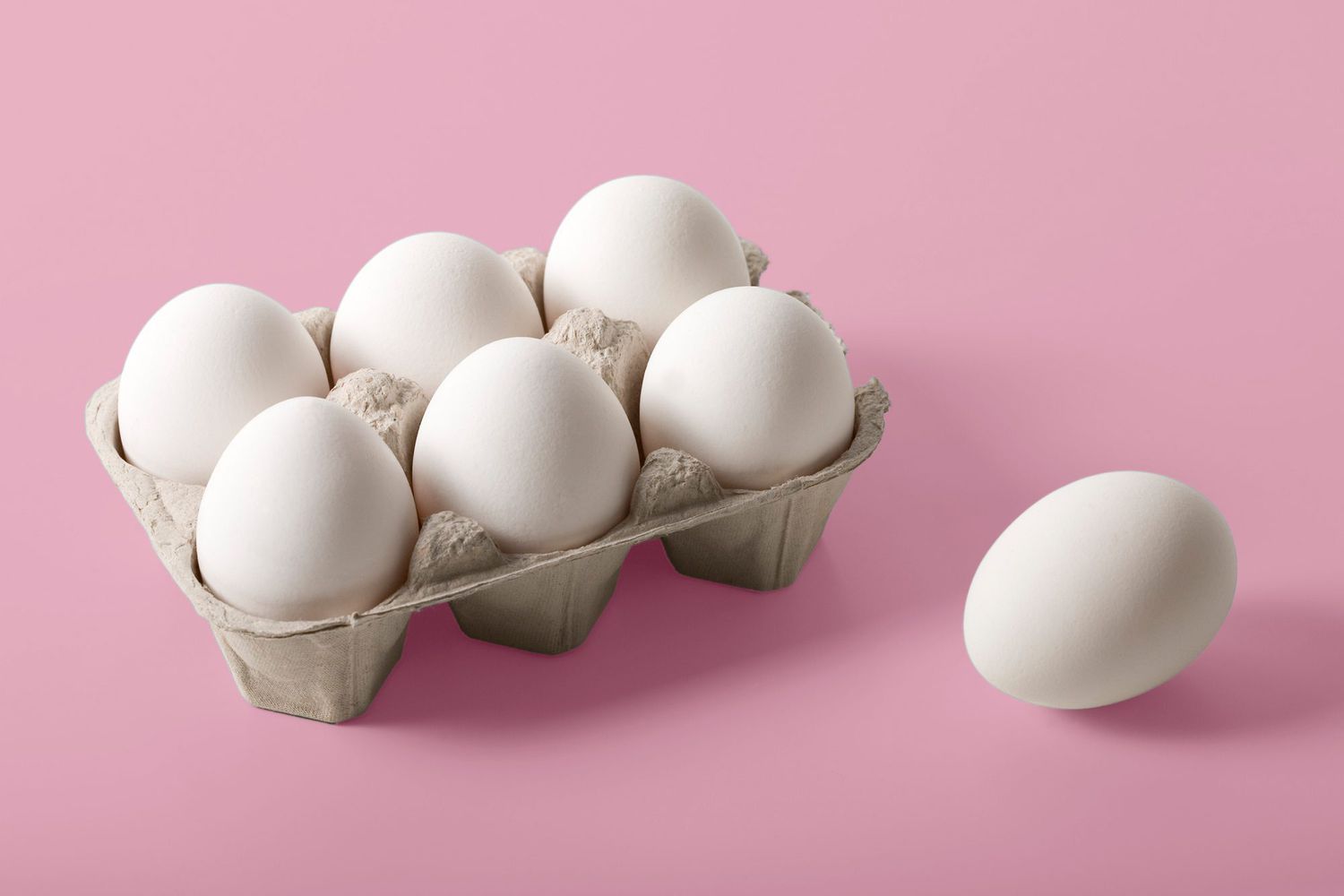
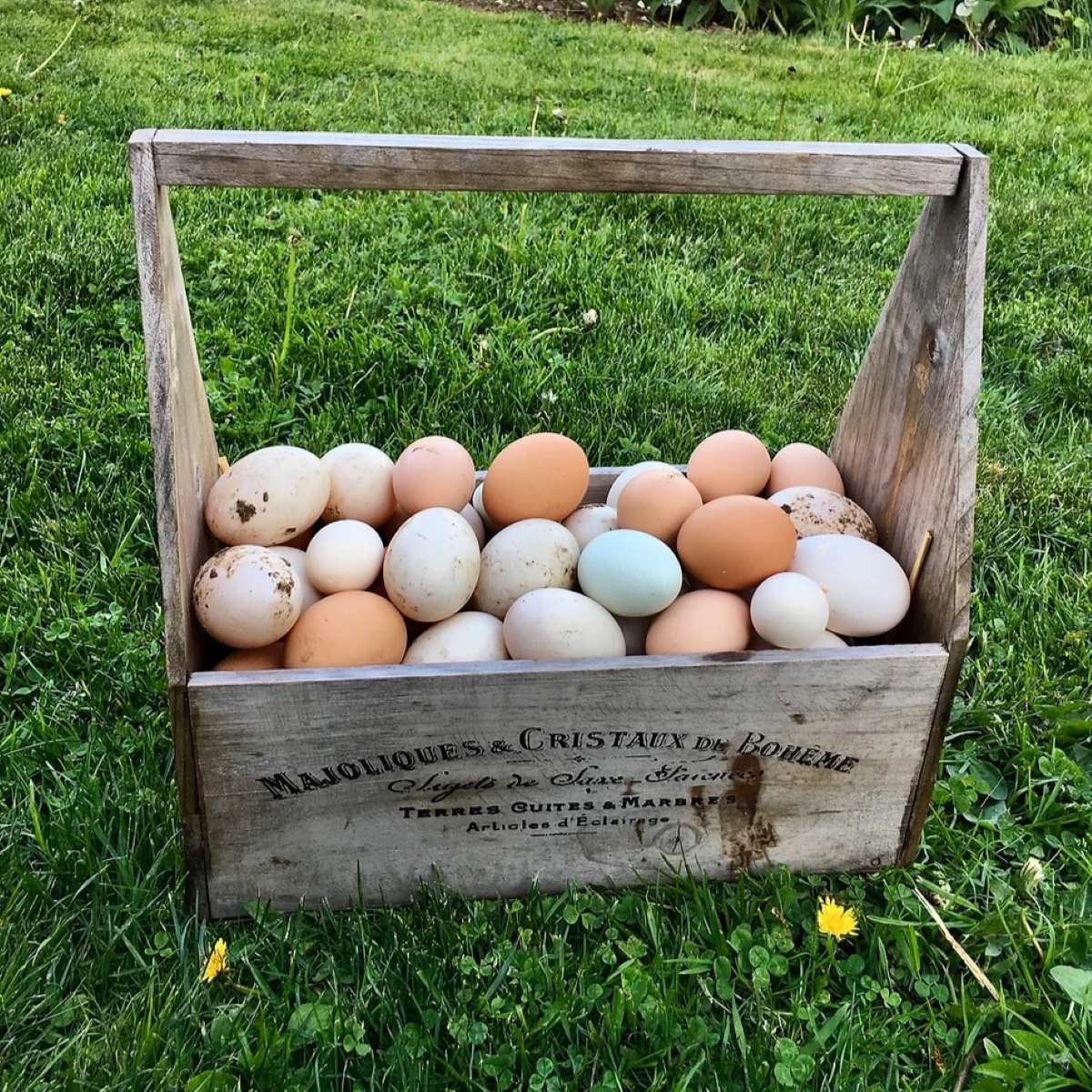
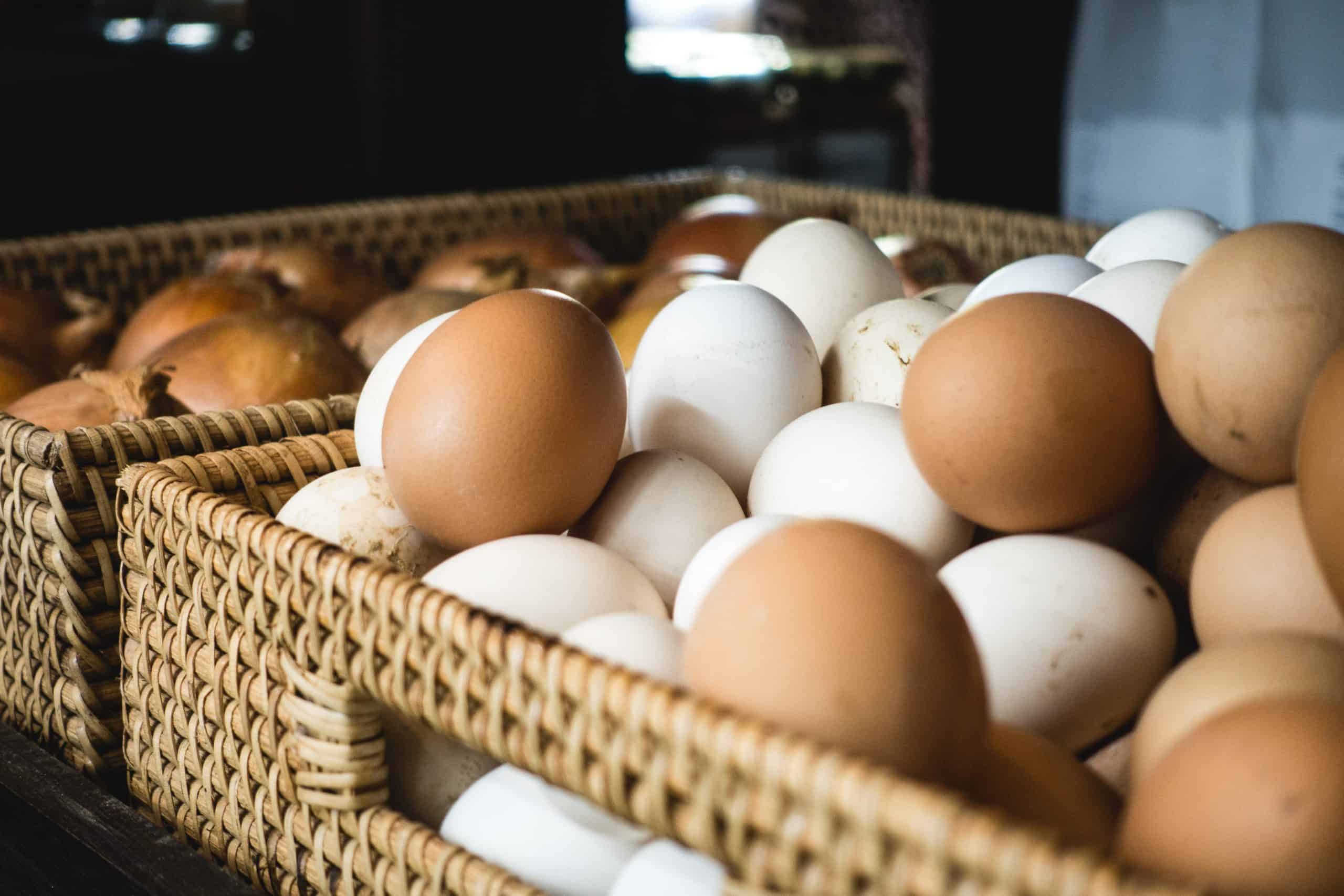
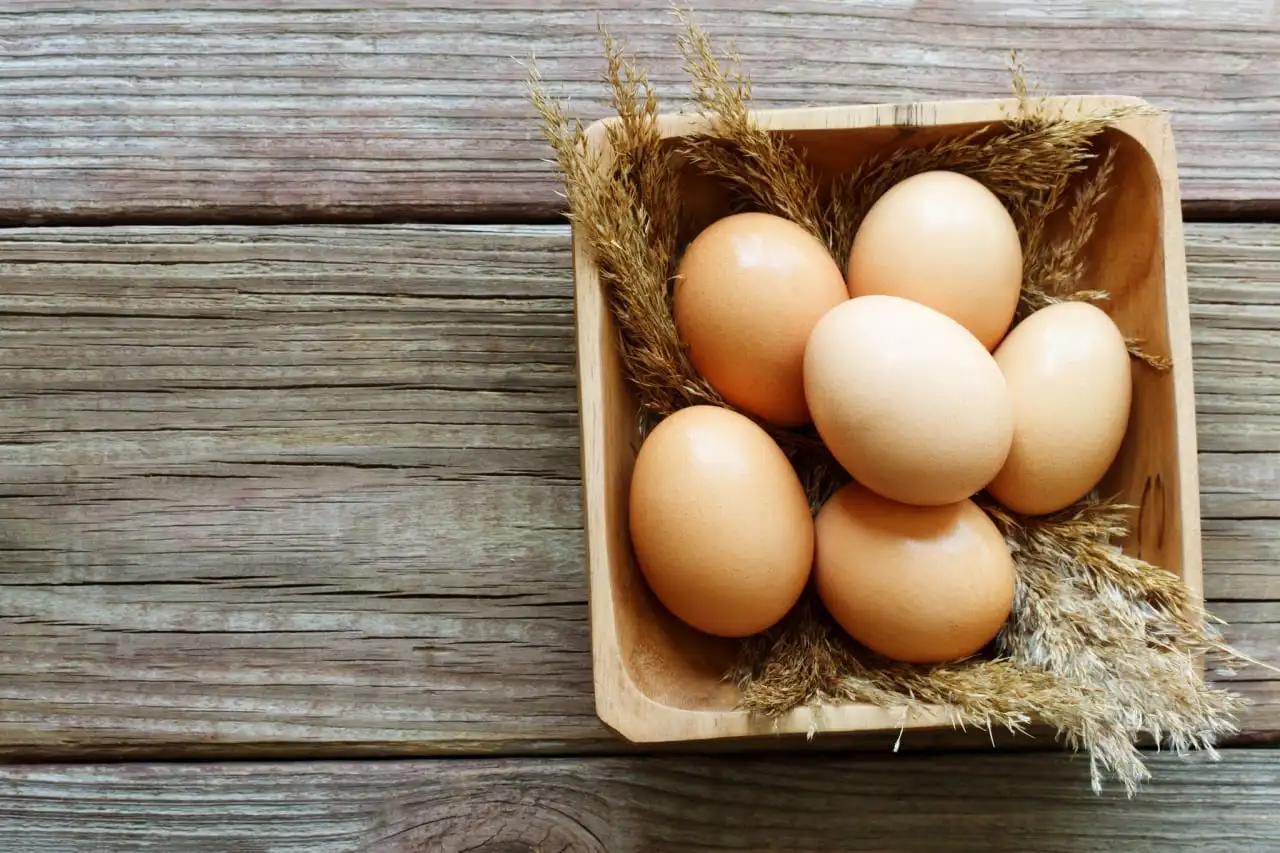
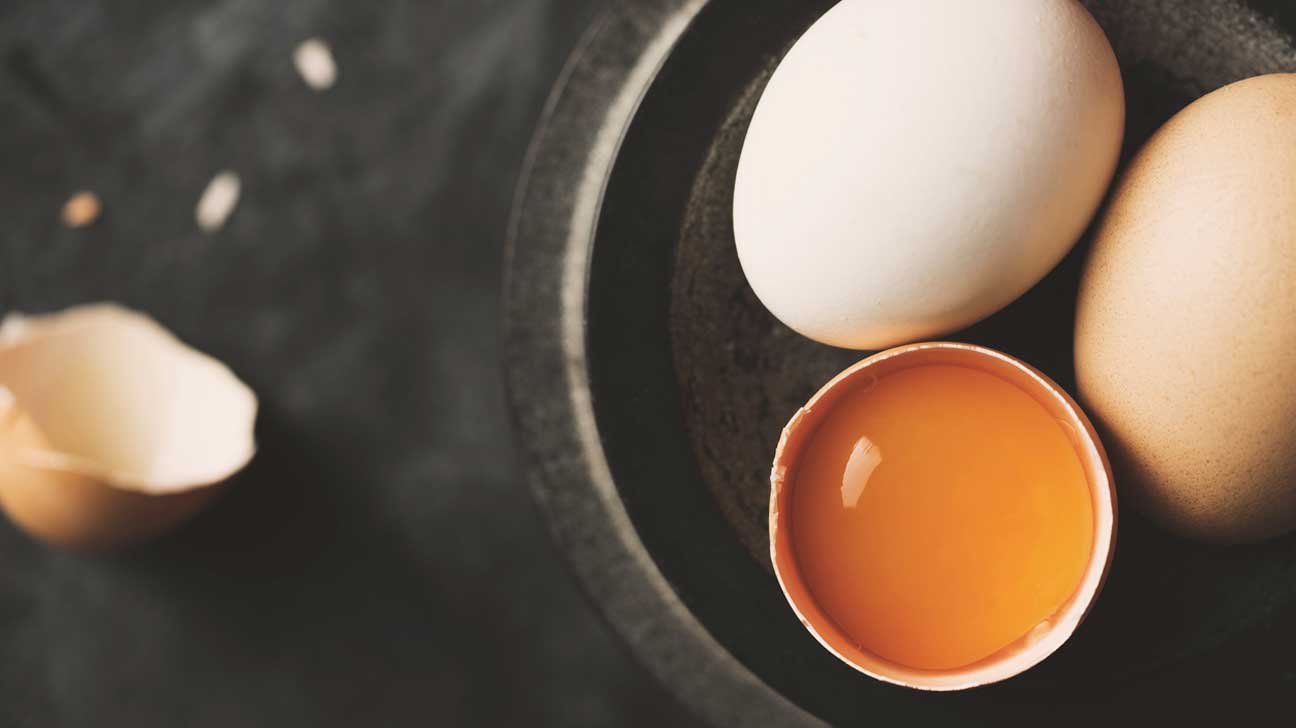
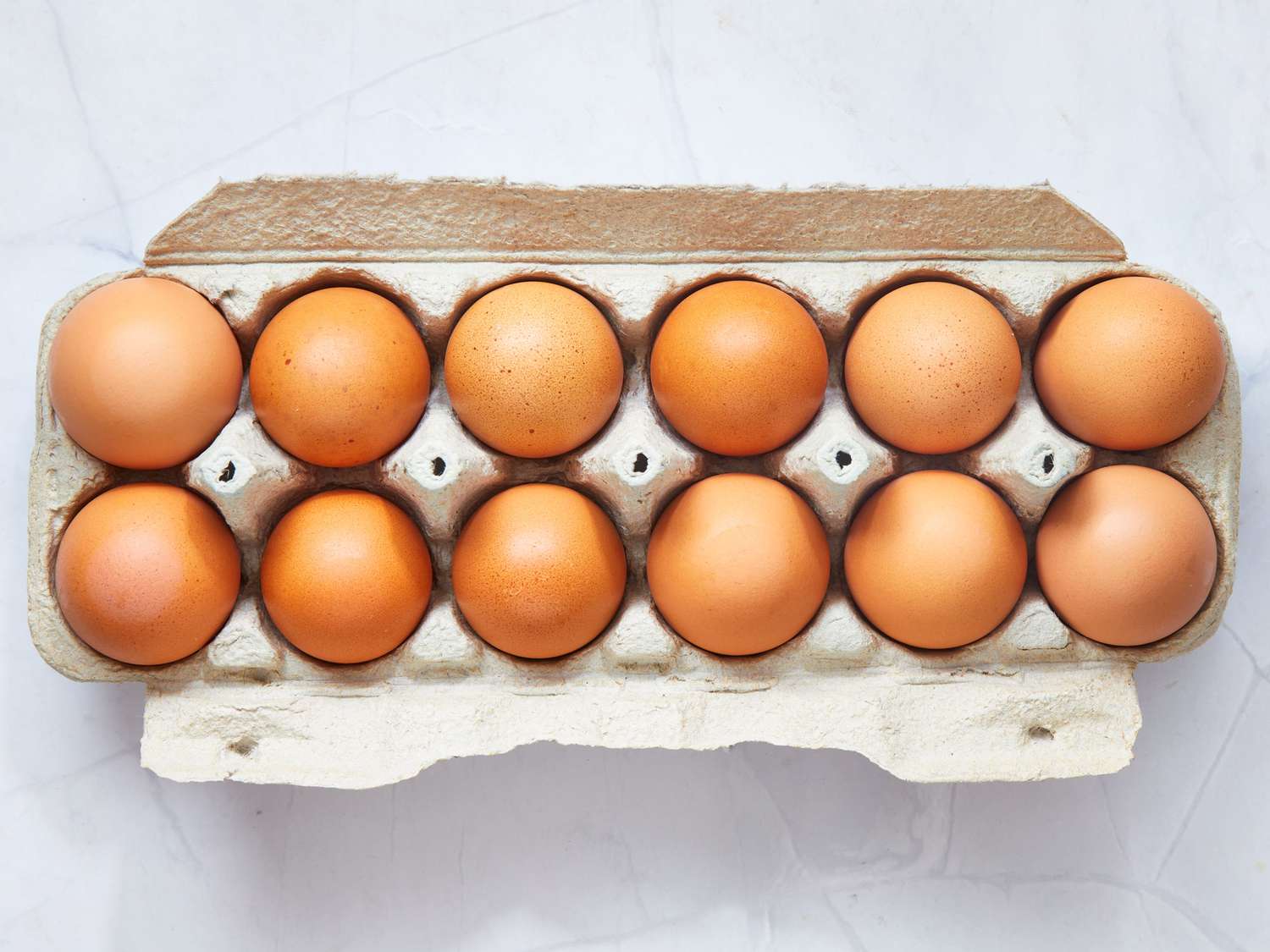
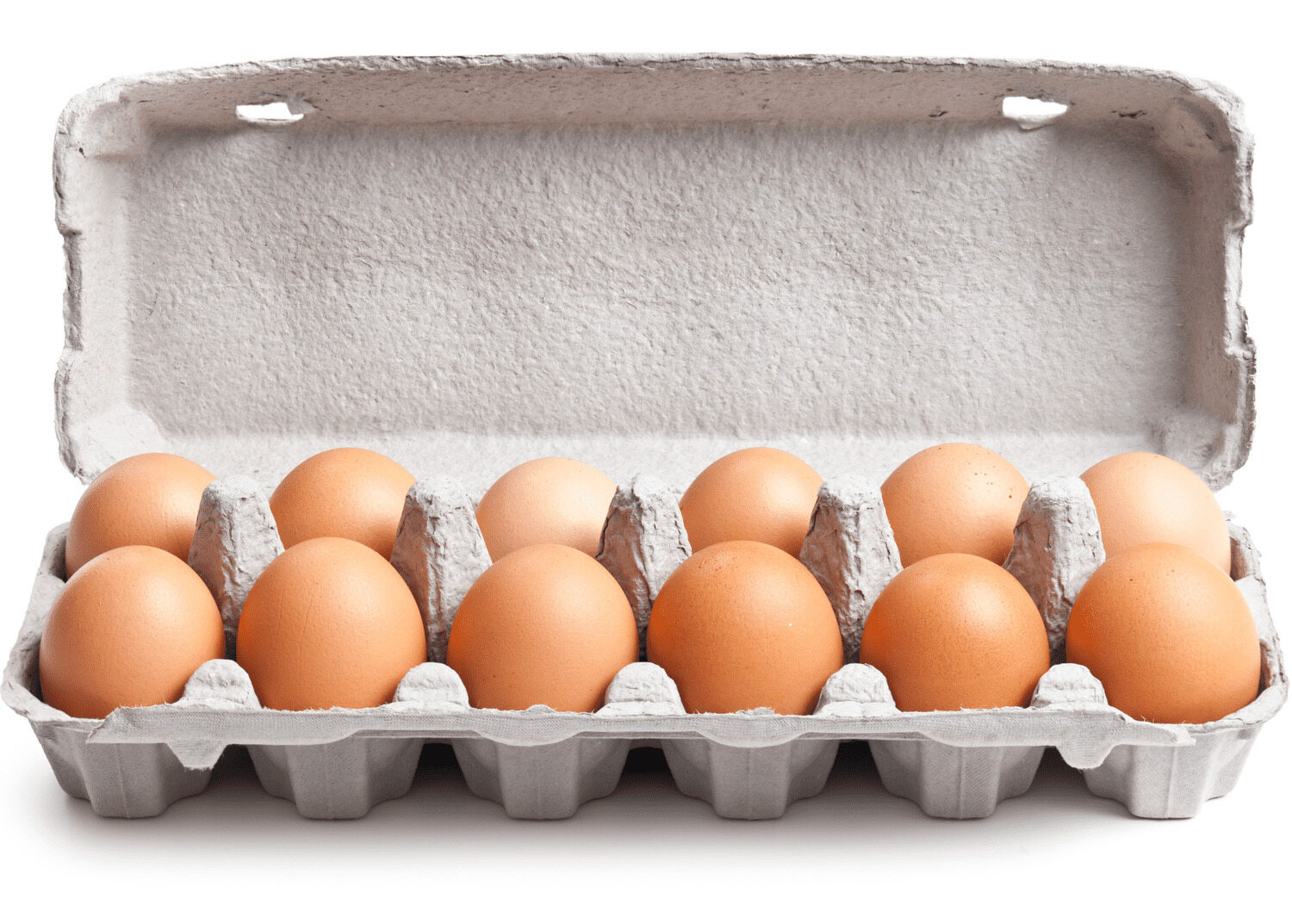


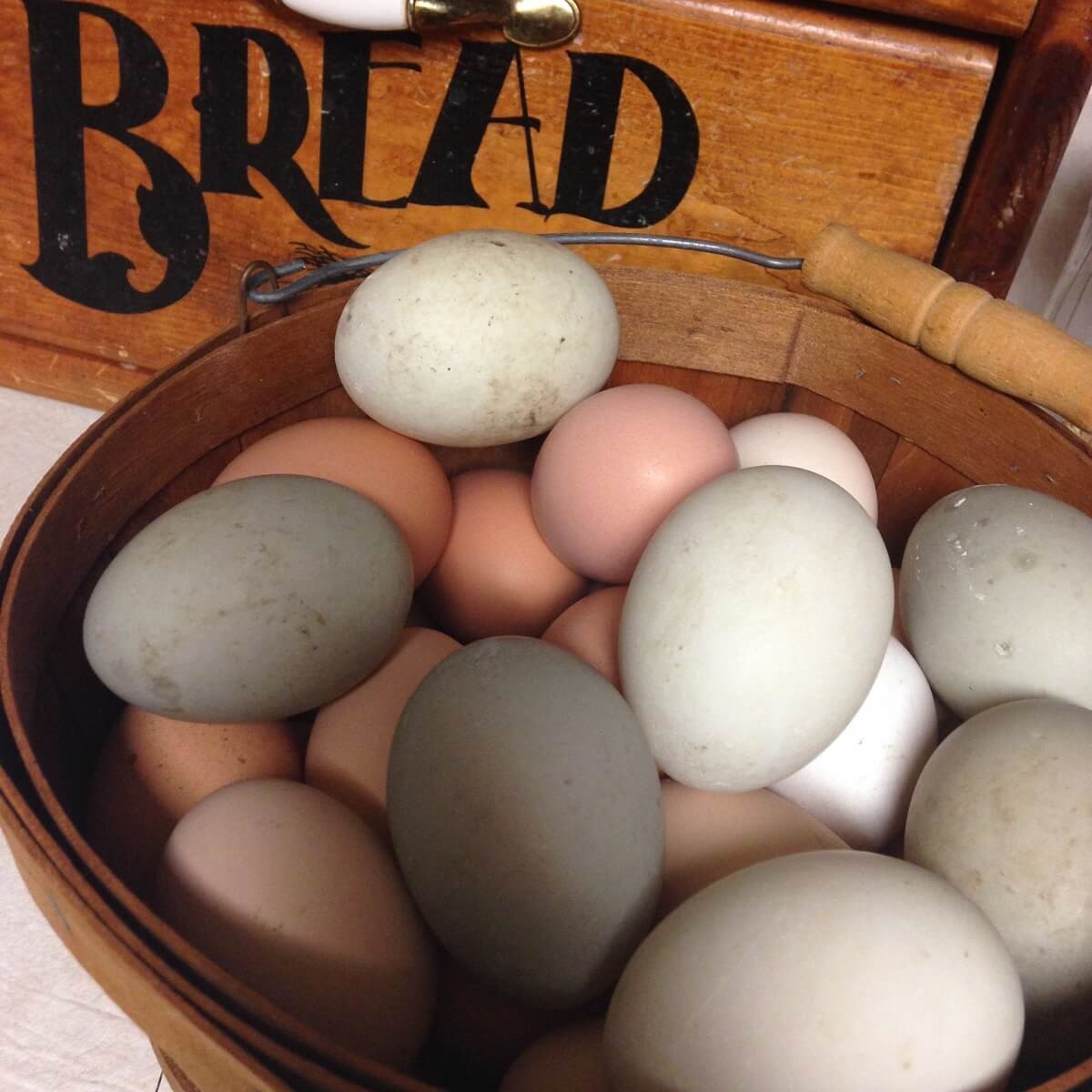
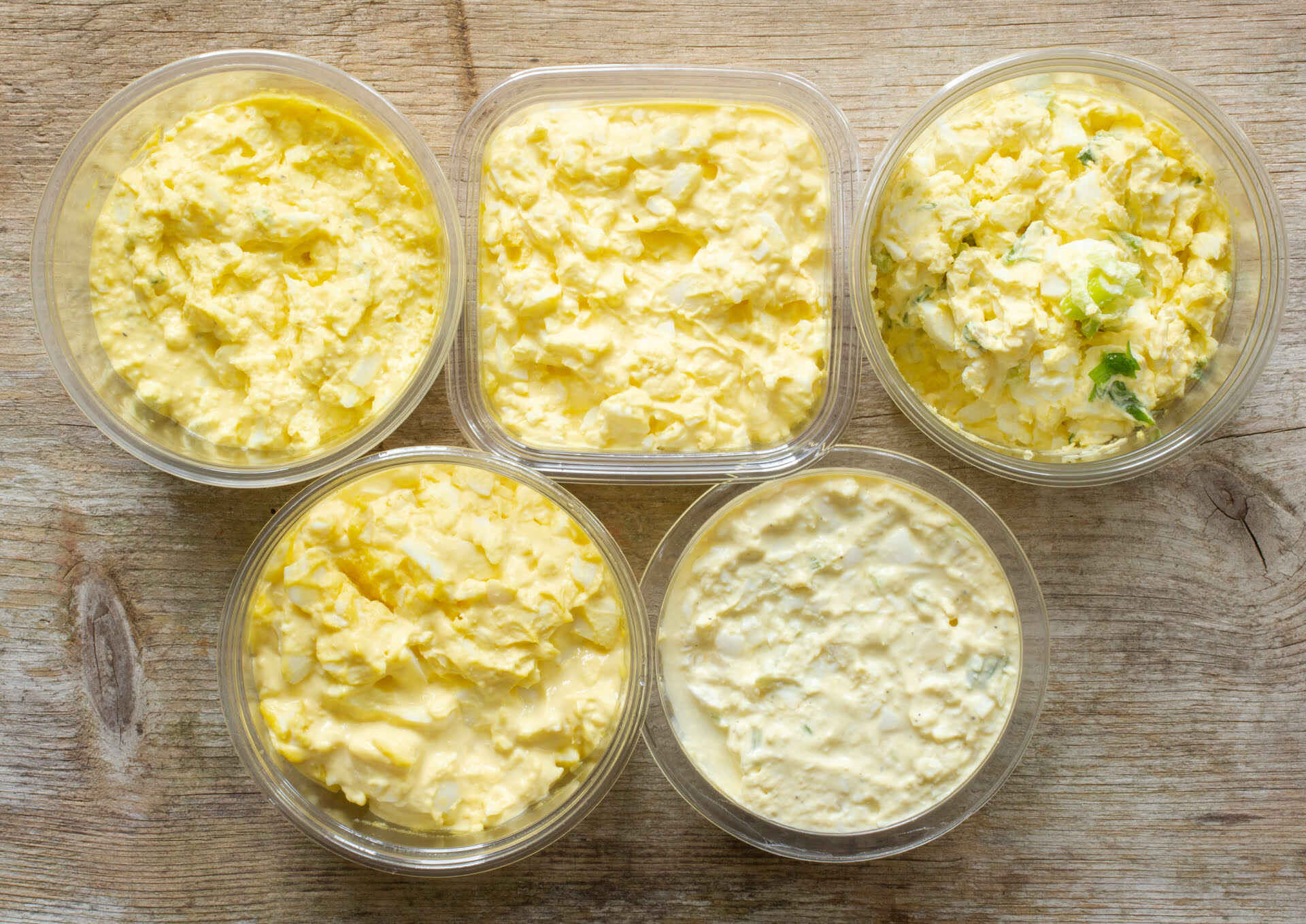
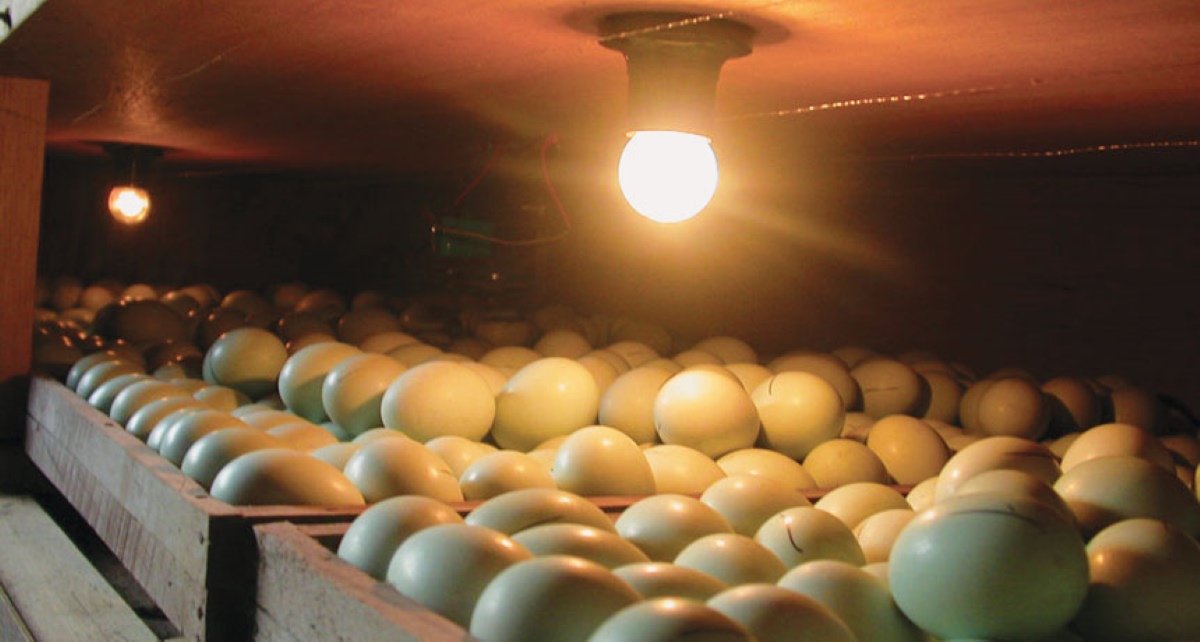


0 thoughts on “How To Store Fresh Laid Eggs”